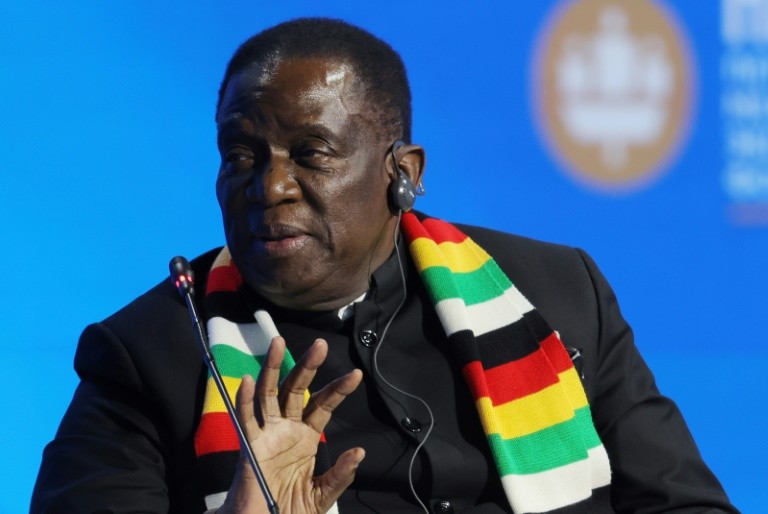
Zimbabwe officially abolished the death penalty Tuesday after President Emmerson Mnangagwa signed into law an act that will commute to jail time the sentences of about 60 prisoners on death row.
There has been a moratorium on executions in the southern African country since 2005 although courts have continued to hand down the death sentence for crimes including murder, treason and terrorism.
The Death Penalty Abolition Act, published in Government Gazette Tuesday, says courts can no longer deliver a sentence of capital punishment for any offence and any existing death sentences would need to be commuted to jail time.
However, one provision says the suspension of the death penalty may be lifted during a state of emergency.
At least 59 people were known to be under a death sentence in Zimbabwe at the end of 2023, Amnesty International said in a statement welcoming the new act as an "historic moment".
"We urge the authorities to now swiftly move to a full abolition of the death penalty by removing the clause included in the amendments to the Bill allowing for the use of the death penalty for the duration of any state of public emergency," the international rights group said.
The local The Herald newspaper reported in February that there were 63 death row inmates who would likely have to return to court for resentencing once the death penalty was scrapped.
Twenty-four countries across sub-Saharan Africa have abolished the death penalty for all crimes while two additional countries have abolished it for ordinary crimes only, Amnesty said.
Mnangagwa has been a vocal opponent of capital punishment since he was sentenced to death in the 1960s for blowing up a train during the guerrilla war for independence. The sentence was later commuted.
Of the 16 countries known to have carried out executions in 2023, only one -- Somalia -- was in sub-Saharan Africa, according to Amnesty.








